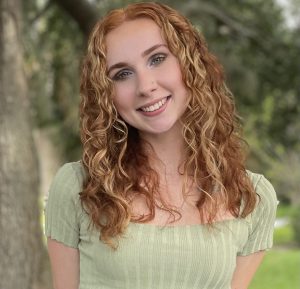
On Saturday, September 21st, 2024, the South Asian nation of Sri Lanka voted in its tenth annual presidential election (Reuters). This was the first election for the island since the insufficiency of foreign currency pushed Sri Lanka into an unprecedented economic crisis in decades (Reuters). Sri Lanka’s crippling economy came after they defaulted on their loans in 2022 (Al Jazeera 1). Former President, Gotabaya Rajapaksa, and his government were blamed for Sri Lanka’s worst economic devastation since their claim of independence from Britain in 1948 (Al Jazeera 2). 38 candidates ran for the presidency in the Sri Lankan elections, including the incumbent President Ranil Wickremesinghe (Reuters). Wickremesinghe, opposition leader Sajith Premadasa and Marxist-leaning politician Anura Kumara Dissanayake followed in a tight race together (Reuters). With all three candidates close to each other in votes, Sri Lanka went into a second round in the election for the first time in history (Al Jazeera 1). No candidate met the required 50% as Anura Kamara Dissanayake acquired 39.5% of the votes, Sajith Premadasa obtained 34% of the votes and the incumbent President Ranil Wickremesinghe received 17% of the votes (Al Jazeera 1). Although the incumbent President Wickremesinghe led the economy into a secure position, he failed to address the cost-of-living crisis causing his low voting turnout and disqualification. According to the High Commission of Sri Lanka, an estimated 75% of the 17 million qualified voters cast their ballots (Al Jazeera 1). Anura Kamara Dissanayake, a left-leaning politician, has been a favored candidate making his win no surprise (BBC 1).
Dissanayake promised as president that Sri Lanka’s citizens would receive state benefit plans to ease their lives (Al Jazeera 1). The new president, who heads the National People’s Power (NPP) alliance, is the first leader in Sri Lanka’s government to have profound left-wing views (BBC 1). Once Dissanayake was sworn into office on Tuesday, September 24, 2024, one of his first acts was dissolving Parliament (Al Jazeera 2). 225 members of Parliament have been dismissed with a re-election already scheduled for November 14, 2024, nearly a year in advance (BBC 2). This follows Dissanayake vow to dissolve Parliament and “seek a fresh” path (BBC 2). The new president appointed Harini Amarasuriya as Sri Lanka’s new Prime Minister. This makes Amarasuriya the first woman to head state government in 24 years (Al Jazeera 2). Dissanayake’s election in government in 2000 kept him as a “minor player” (Al Jazeera 2). However, during his candidacy, his campaign focused on fighting corruption and reviving the economy (Al Jazeera 2). This, and his call for integration of ethnic division, clean politics and economic improvements specific to the people, helped him resonate with the 22 million people in Sri Lanka (Al Jazeera 2).
Reference Page
Al Jazeera 1. https://www.aljazeera.com/news/2024/9/22/sri-lanka-election-results-second-count-to-decide-presidential-winner
Al Jazeera 2. https://www.aljazeera.com/news/2024/9/25/only-the-beginning-sri-lankans-hope-for-deep-changes-under-new-president
BBC 1. https://www.bbc.com/news/articles/c3wp1p32endo